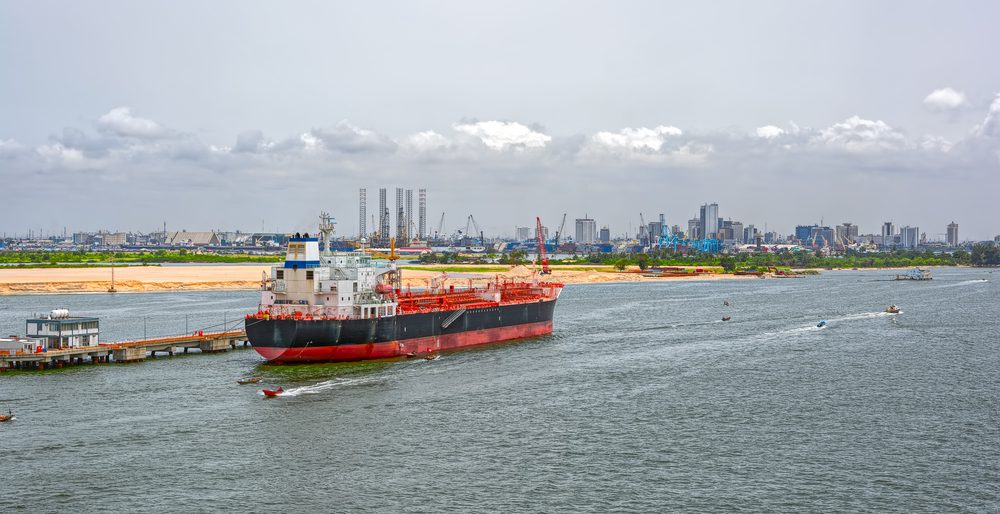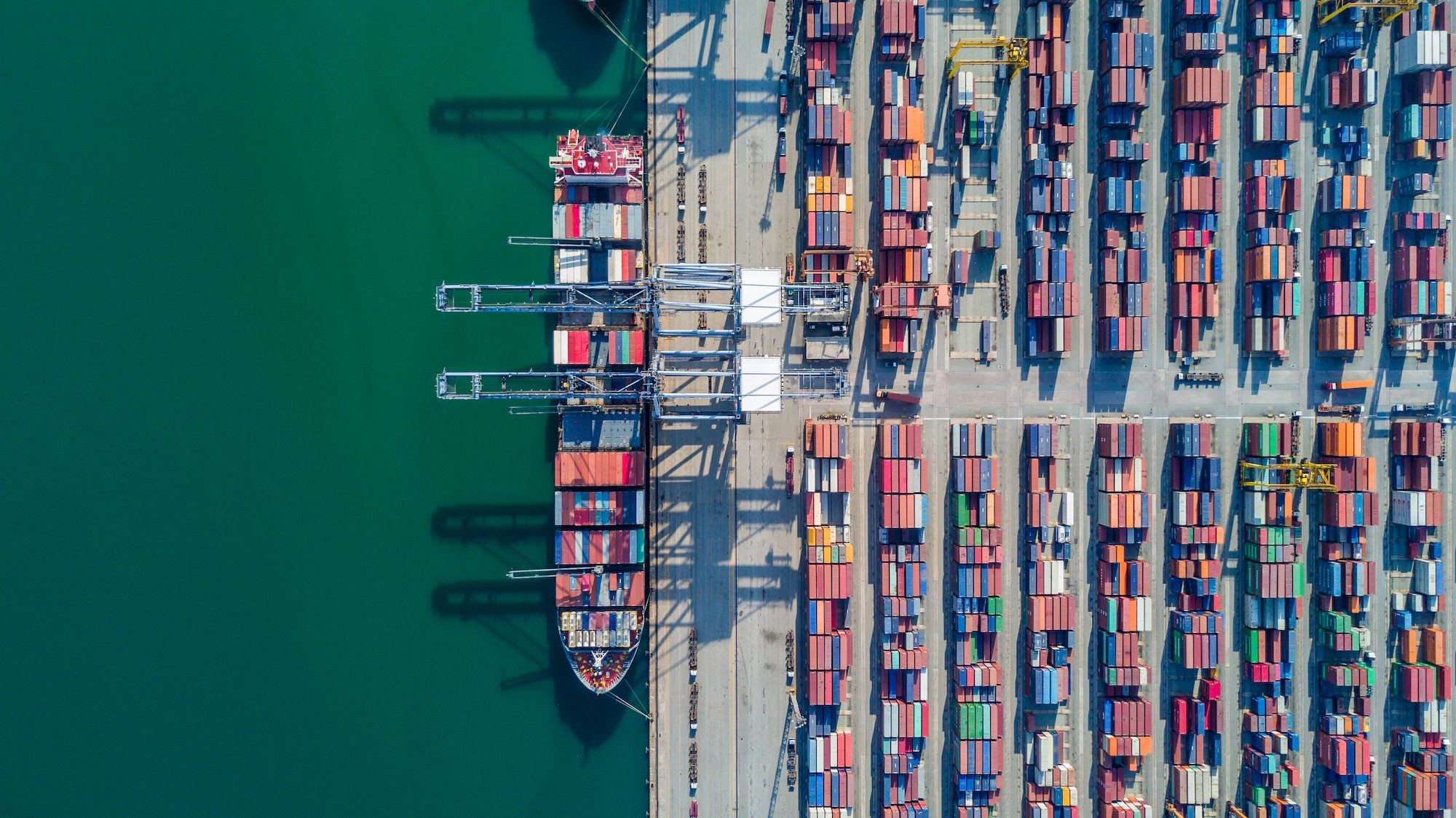By Ruth Olurounbi (Bloomberg) —
Nigeria again demanded that shipping companies pay outstanding tax bills totaling millions of dollars, reviving a dispute that triggered a spike in freight costs and prompted some tankers to steer clear of its waters.
Africa’s largest crude producer said non-resident shipping lines that take oil from the country should settle their notices by the Dec. 31 deadline. The assessments were revealed in June by an industry group.
“I urge the international shipping companies that are not complying with Nigerian tax laws to begin to do so immediately,” Zacch Adedeji, chairman of the Federal Inland Revenue Service, said Tuesday by email.
The cost of shipping oil from Nigeria surged the most in more than a year in June after some vessel owners avoided the West Africa nation when it tried to claw back unpaid duties dating as far back as 2010. In aggregate, some claims reach tens of millions of dollars.
The dispute was blamed in part for a resulting glut of unsold oil.
A committee of oil sector regulators, state-owned Nigerian National Petroleum Co., the FIRS and the president’s office subsequently was set up to reconcile the companies’ obligations.
The revenue service doesn’t want to disrupt any shipping operations, but “it will enforce Nigerian tax laws without violating the rights of any taxpayer,” Adedeji said, without spelling out the potential consequences for non-payment.
Nigeria’s tax revenue as a share of gross domestic product is about 11% — one of the lowest globally. The continent’s most populous nation set up a presidential task force to boost that shareto 18% within three years.
The tax bills for foreign shipping companies are part of the strategy for achieving that goal.
Almost all of Nigeria’s oil exports require tankers, meaning it has a symbiotic relationship with owners. As such, it could be difficult for Nigeria to recoup back taxes if measures to collect the money — such as detaining ships — caused owners to stay away.
Standard shipping contracts contain have clauses that make it the responsibility of the firm hiring the tankers — not the vessel owners — liable for taxes, two shipbrokers said.
© 2023 Bloomberg L.P.
Unlock Exclusive Insights Today!
Join the gCaptain Club for curated content, insider opinions, and vibrant community discussions.

 Join The Club
Join The Club













